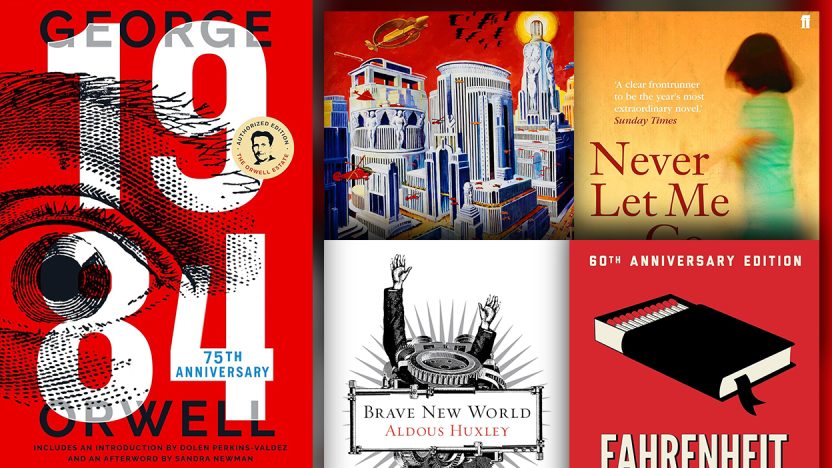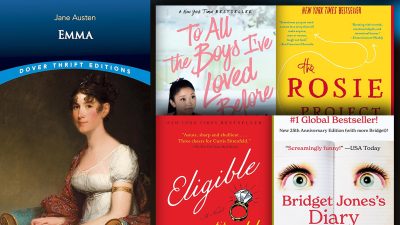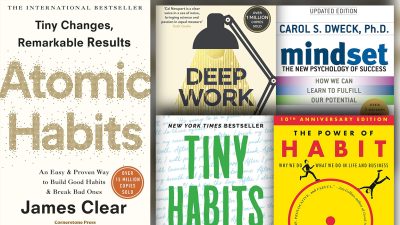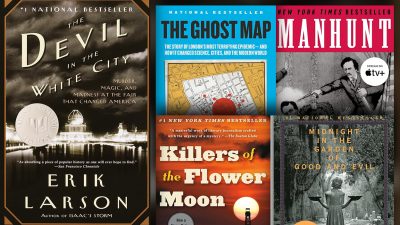10 Books to Read if You Love 1984: Exploring Dystopian Novels with Political and Philosophical Depth
George Orwell’s 1984 is a towering work in the realm of dystopian novels. Published in 1949, it presents a grim vision of a totalitarian society where government surveillance, propaganda, and the crushing dominance of the Party under Big Brother strip away freedom and individuality. This classic political fiction novel continues to captivate readers because it probes profound political and philosophical questions about power, control, truth, and what it means to be free.
For anyone drawn to 1984’s chilling depiction of authoritarianism and its deep reflection on human nature under oppressive regimes, this post offers 10 books to read if you love 1984. These selections encompass books like 1984 that explore totalitarian fiction through compelling dystopias while contributing thoughtfully to classic political fiction traditions. Whether classic or contemporary, each novel shares the layered political and philosophical depth that defines Orwell’s work, making them essential reading for fans searching for books similar to George Orwell.
What Are These Book Recommendations Based On?
The following list of dystopian novels is carefully curated based on the thematic and ideological richness that resonates with Orwell’s 1984. What ties these books together is their detailed portrayal of totalitarian regimes and the impact of authoritarian control on individuals and society.
These novels engage deeply with:
- The mechanisms of political and social control, such as surveillance, propaganda, censorship, and ideological conformity.
- Consequences of losing personal freedoms and the erosion of identity.
- Resistance and rebellion against oppressive structures.
- Philosophical explorations of truth, freedom, human nature, and reality.
We prioritized books like 1984 that embrace both narrative complexity and critical ideological insight, ensuring an experience steeped in classic political fiction as well as totalitarian fiction. The list includes both timeless classics foundational to dystopian literature and contemporary novels that bring fresh perspectives to age-old questions. This balance offers readers a rich spectrum from historical context to urgent modern relevance.
Overall, these books similar to George Orwell illuminate the political, social, and ethical power struggles at the core of dystopian novels, providing critical reflections for readers who seek to understand authoritarianism and individual autonomy on multiple levels.
1. Fahrenheit 451 by Ray Bradbury (1953)

Genre: Dystopian Fiction, Classic Political Fiction
Themes: Censorship, surveillance, state control, intellectual freedom, resistance
One-Sentence Review: Ray Bradbury’s Fahrenheit 451 imagines a bleak future where books are banned and conformity enforced, echoing Orwell’s warnings about totalitarian control and the suppression of individuality.
What You Can Expect From This Book:
- The story follows Guy Montag, a fireman whose job is to burn forbidden books, symbolizing government censorship and the eradication of dissent.
- Bradbury explores propaganda and psychological manipulation in a society lulled into blind conformity and passivity.
- The novel highlights themes of surveillance, state control, and the fight for intellectual freedom.
- The prose balances poetic elegance with a tense atmosphere that recalls the oppressive mood in 1984.
- Fahrenheit 451 is an essential pillar of totalitarian fiction, offering a potent look at how knowledge and critical thought become battlegrounds in dystopian societies.
For readers intrigued by 1984’s focus on political control and resistance, Fahrenheit 451 is a vital dystopian novel that sharpens the warning about censorship and conformity endemic to totalitarianism.
2. Brave New World by Aldous Huxley (1932)

Genre: Dystopian Fiction, Political Philosophy
Themes: State control, technology, dehumanization, loss of individuality, social engineering
One-Sentence Review: Aldous Huxley’s Brave New World delivers a chilling critique of a scientifically managed society where pleasure replaces fear as a means of control, offering a complementary dystopian perspective to Orwell’s intimidation-driven state.
What You Can Expect From This Book:
- Set in a technologically advanced world, the novel presents a society engineered for stability through genetic manipulation, conditioning, and ubiquitous consumerism.
- It provokes philosophical questions about free will, happiness, and what freedom means when it is manufactured by the state.
- Unlike 1984’s grim brutality, Huxley’s world suppresses dissent through pleasure, drugs, and distraction, broadening the scope of totalitarian fiction.
- The sharp satire and insightful social commentary make this a classic of dystopian novels concerned with the loss of individuality in the name of societal order.
- The book’s influence on political and philosophical fiction is widely acknowledged, deeply enriching conversations started by Orwell’s work.
Brave New World is a foundational read for anyone searching for books like 1984 that examine the power structures shaping society through a profoundly different but equally disturbing lens.
3. The Handmaid’s Tale by Margaret Atwood (1985)

Genre: Dystopian Fiction, Feminist Literature
Themes: Religious authoritarianism, gender oppression, surveillance, resistance, autonomy
One-Sentence Review: Margaret Atwood’s The Handmaid’s Tale explores a theocratic dystopia where gender oppression and surveillance shape totalitarian control, resonating closely with Orwellian themes of power, identity, and resistance.
What You Can Expect From This Book:
- The plot centers on Offred, a woman subjected to a patriarchal, theocratic regime that controls reproduction and personal freedoms.
- Atwood offers a profound political and philosophical investigation of autonomy, power, and resistance within a rigid totalitarian state.
- Surveillance and propaganda function as tools of oppression, creating an atmosphere that parallels 1984’s omnipresent Party control.
- The novel’s lyrical but urgent prose amplifies its sociopolitical critiques, appealing to readers of classic political fiction and dystopian novels alike.
- Atwood deepens the legacy of totalitarian fiction by interweaving gender politics and religious fanaticism into dystopia’s fabric.
For fans of 1984 seeking contemporary dystopian novels grounded in political and philosophical depth, The Handmaid’s Tale is both timely and timeless, expanding the conversation around power and freedom in dystopian fiction.
4. We by Yevgeny Zamyatin (1924)

Genre: Dystopian Fiction, Classic Political Fiction
Themes: Surveillance, state control, loss of individuality, rebellion, collectivism
One-Sentence Review: Regarded as the forefather of Orwellian dystopian fiction, Yevgeny Zamyatin’s We fiercely critiques the mechanization of society and totalitarian conformity.
What You Can Expect From This Book:
- We presents a regimented, mechanistic state where individuals lose their humanity to collectivist order and scientific rationality.
- The narrative follows a revolutionary’s growing doubts about the omnipotent state and the loss of personal freedom.
- Philosophical reflections on freedom and identity echo and predate Orwell’s later exploration in 1984.
- The stark, mathematical style signals a cold, dystopian world that foregrounds ideological critique characteristic of classic political fiction.
- This novel laid the groundwork for totalitarian fiction, contributing essential thematic and stylistic elements borrowed by Orwell and others.
For readers seeking the roots of dystopian novels like 1984, We offers rich ideological and narrative complexity, a must-read classic that shaped the totalitarian fiction genre.
5. A Clockwork Orange by Anthony Burgess (1962)

Genre: Dystopian Fiction, Psychological Fiction
Themes: Free will, state power, morality, psychological conditioning, violence
One-Sentence Review: Anthony Burgess’s A Clockwork Orange examines the tension between authoritarian control and individual freedom through a disturbing exploration of morality in a brutal dystopia.
What You Can Expect From This Book:
- The novel introduces Alex, a violent youth subjected to state-imposed behavioral conditioning that questions free will and ethical governance.
- Burgess employs a unique invented slang that immerses readers in this unsettling world of control and rebellion.
- The narrative interrogates how far the state can or should go in conditioning behavior, reflecting philosophical concerns central to 1984.
- The vivid prose and raw violence engage readers in a profound debate on autonomy, power, and the ethics of reform.
- It stands as a significant example of classic political fiction and dystopian novels blending psychological depth with ideological conflict.
A Clockwork Orange is ideal for readers interested in books like 1984 that dissect free will under authoritarian regimes and offer challenging philosophical insights into state power.
6. Never Let Me Go by Kazuo Ishiguro (2005)

Genre: Dystopian Fiction, Philosophical Fiction
Themes: Institutional control, identity, mortality, human dignity, social conditioning
One-Sentence Review: Kazuo Ishiguro’s Never Let Me Go orchestrates a subtle dystopian meditation on scientific ethics and the quiet tragedies of institutional dehumanization.
What You Can Expect From This Book:
- The story slowly reveals a world where cloned children are raised for organ harvesting, raising profound ethical and philosophical questions.
- Ishiguro explores the tension between autonomy and societal control through intimate character portraits.
- The prose is elegant, restrained, and poignant, focusing more on emotional and philosophical resonance than overt dystopian spectacle.
- The haunting exploration of identity and mortality deepens the political fiction tradition within dystopian literature.
- Readers seeking dystopian novels with subtle political and ethical reflections will find this an indispensable entry alongside Orwell’s work.
Never Let Me Go offers a nuanced, humanistic lens to dystopian and totalitarian fiction, enriching playlists for fans of 1984 looking for philosophical and emotional depth.
7. The Dispossessed by Ursula K. Le Guin (1974)
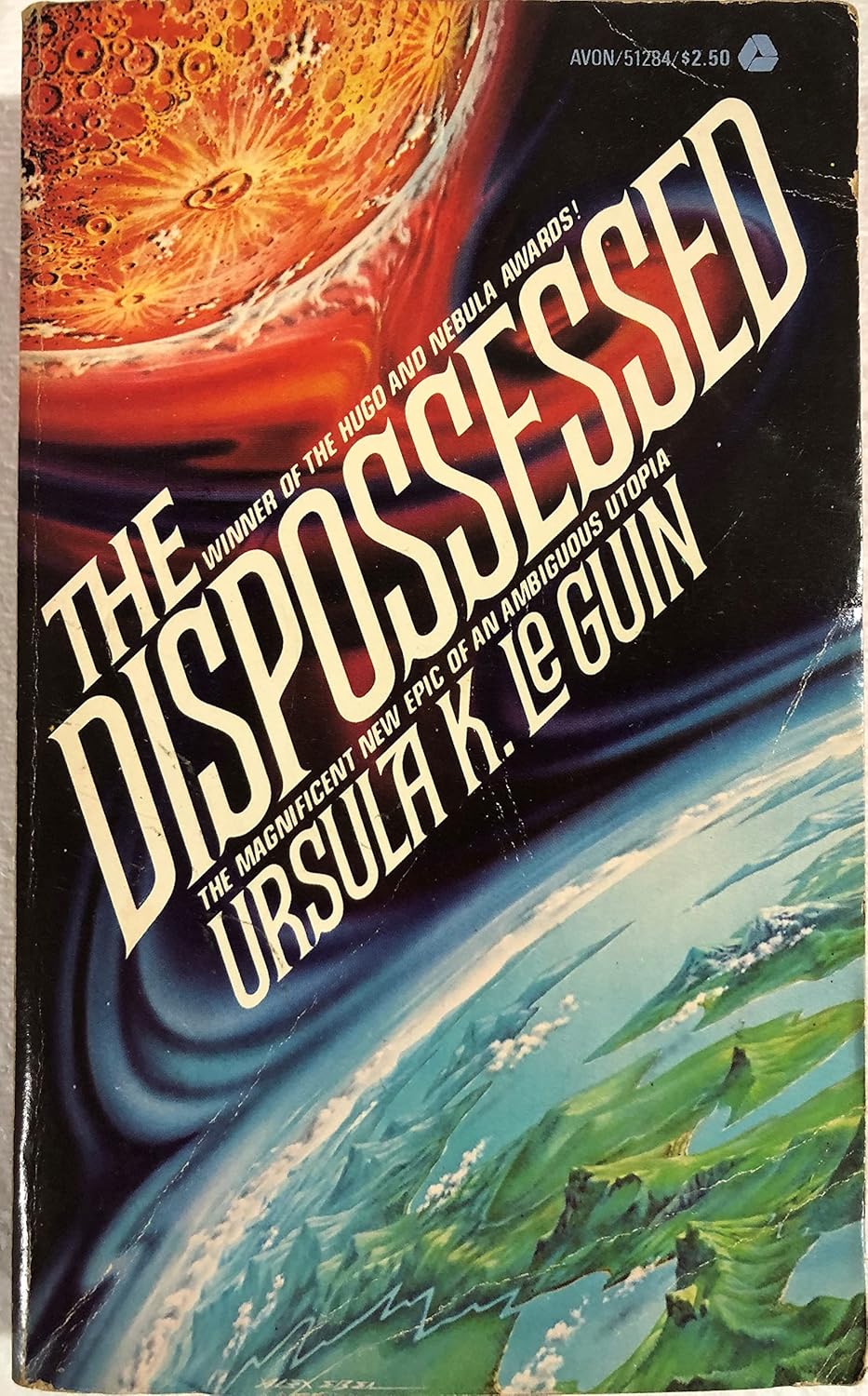
Genre: Dystopian/Social Science Fiction
Themes: Utopianism vs. totalitarianism, freedom, societal structure, revolution, ethical society
One-Sentence Review: Ursula K. Le Guin’s The Dispossessed contrasts two starkly different societies, probing revolutionary ideals and the complexities of freedom and control.
What You Can Expect From This Book:
- The novel alternates between Anarres, an anarchist society, and Urras, a capitalist totalitarian state, examining political ideologies through nuanced world-building.
- Le Guin raises philosophical questions about societal structures, ethical governance, and individual freedom.
- The story’s protagonist, Shevek, strives to bridge ideological divides, embodying resistance and reform.
- The prose is cerebral and judgment-free, encouraging readers to consider multiple political perspectives.
- This work is crucial in the canon of classic political fiction and dystopian novels for its sophisticated treatment of revolution and totalitarianism.
For readers who appreciate the political and philosophical depth of 1984, The Dispossessed is a profound, thoughtful exploration of societies striving toward freedom under different constraints.
8. The Hunger Games by Suzanne Collins (2008)

Genre: Dystopian Fiction, Young Adult
Themes: Totalitarianism, propaganda, survival, media control, resistance
One-Sentence Review: Suzanne Collins’ The Hunger Games dramatizes youth resistance against an oppressive spectacle-driven regime, revitalizing themes central to totalitarian fiction and Orwellian control.
What You Can Expect From This Book:
- The narrative follows Katniss Everdeen’s fight for survival in a violent, media-controlled society ruled by the Capitol.
- Themes of state violence, propaganda, inequality, and rebellion parallel 1984’s coverage of political control and resistance.
- The pacing is fast and accessible, making complex themes approachable for modern readers.
- Collins critiques modern media consumption and spectacle’s role in political suppression.
- Offering a modern interpretation of dystopian novels, this book broadens the appeal and relevance of totalitarian fiction today.
The Hunger Games is essential for readers seeking contemporary books like 1984 that blend political critique, dystopian world-building, and spirited rebellion.
9. V for Vendetta by Alan Moore and David Lloyd (1982/1989)

Genre: Dystopian Graphic Novel, Political Fiction
Themes: Anarchism, surveillance, totalitarian government, rebellion, identity
One-Sentence Review: Alan Moore’s V for Vendetta vividly portrays the battle between a fascist government and radical insurgency, combining dystopian and classic political fiction with graphic storytelling.
What You Can Expect From This Book:
- Set in a near-future totalitarian UK, the graphic novel centers on V, an insurgent seeking to topple authoritarian rule.
- Explores surveillance, propaganda, and questions of freedom, power, and identity with philosophical depth.
- The visual medium enhances the narrative’s impact, using symbolism and stark contrasts to convey oppression and hope.
- Moore delivers multi-layered storytelling rich in political allegory and ideological critique.
- It serves as a bridge between traditional political fiction and modern graphic interpretations of dystopian novels.
Combining political sophistication with compelling visuals, V for Vendetta is a must-read for 1984 fans interested in evolving forms of totalitarian fiction and resistance narratives.
10. Red Rising by Pierce Brown (2014)
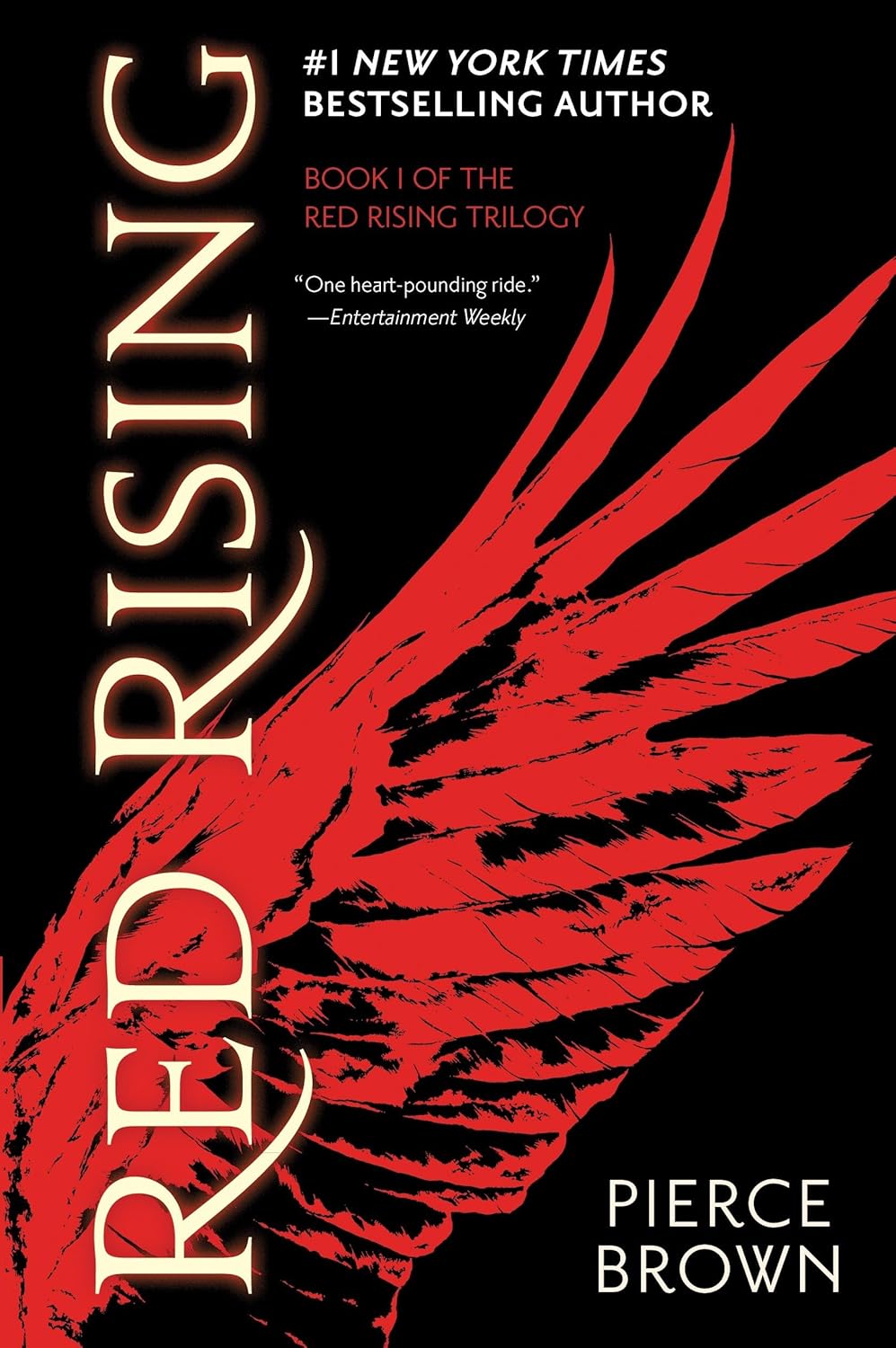
Genre: Dystopian Science Fiction, Political Thriller
Themes: Class oppression, revolution, propaganda, sacrifice, loyalty
One-Sentence Review: Pierce Brown’s Red Rising infuses dystopian science fiction with political intrigue and revolution, echoing Orwellian concerns about authoritarian systems and social stratification.
What You Can Expect From This Book:
- Set in a future caste-based society, the story follows Darrow’s uprising against oppression in an interplanetary regime.
- Explores themes of class warfare, propaganda, control, and personal sacrifice for collective freedom.
- The narrative is fast-paced, cinematic, and packed with ideological conflict reminiscent of classic political fiction.
- Brown expands dystopian novels by incorporating thrilling action alongside political commentary.
- This novel brings modern urgency to totalitarian fiction, offering fresh perspectives alongside revered classics like 1984.
For readers searching for modern books like 1984 that combine dystopian depth with vibrant storytelling and political rebellion, Red Rising delivers a compelling and thematically rich experience.
Conclusion
The 10 books to read if you love 1984 presented above enrich and expand the Orwellian experience by exploring parallel themes of totalitarianism, state control, resistance, and fundamental philosophical questions about freedom, truth, and identity. These novels form a powerful body of dystopian and classic political fiction, spanning generations and styles.
Whether through Bradbury’s cautionary tale of censorship, Atwood’s sharp feminist critique, Huxley’s technological dystopia, or Brown’s modern revolutionary saga, these narratives deepen our comprehension of authoritarian regimes and the human spirit’s struggle within them. Engaging with this list enables readers to critically examine ideological power structures in dystopian contexts, from seminal classics to new voices.
For anyone captivated by 1984 and seeking books similar to George Orwell that probe political and philosophical depths, these richly detailed dystopian novels provide essential perspectives. Exploring these works encourages thoughtful reflection on contemporary society and the persistent challenges of freedom and control.
Explore these exceptional dystopian novels to deepen your understanding of totalitarian fiction and classic political fiction, and discover new layers within the world Orwell helped define.
